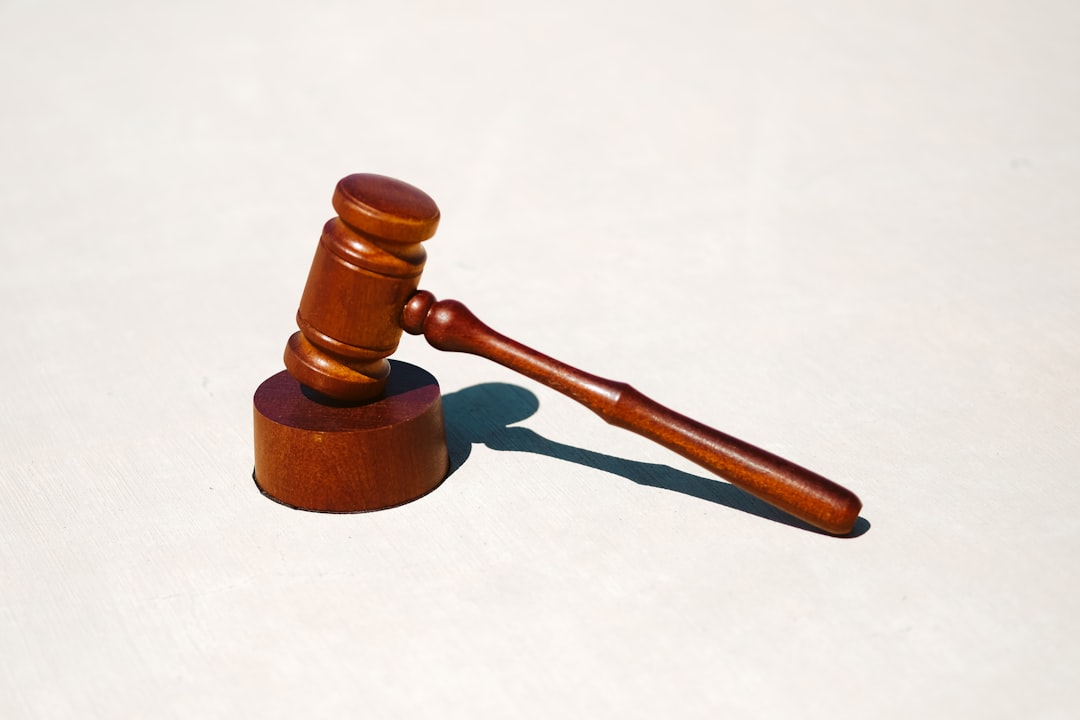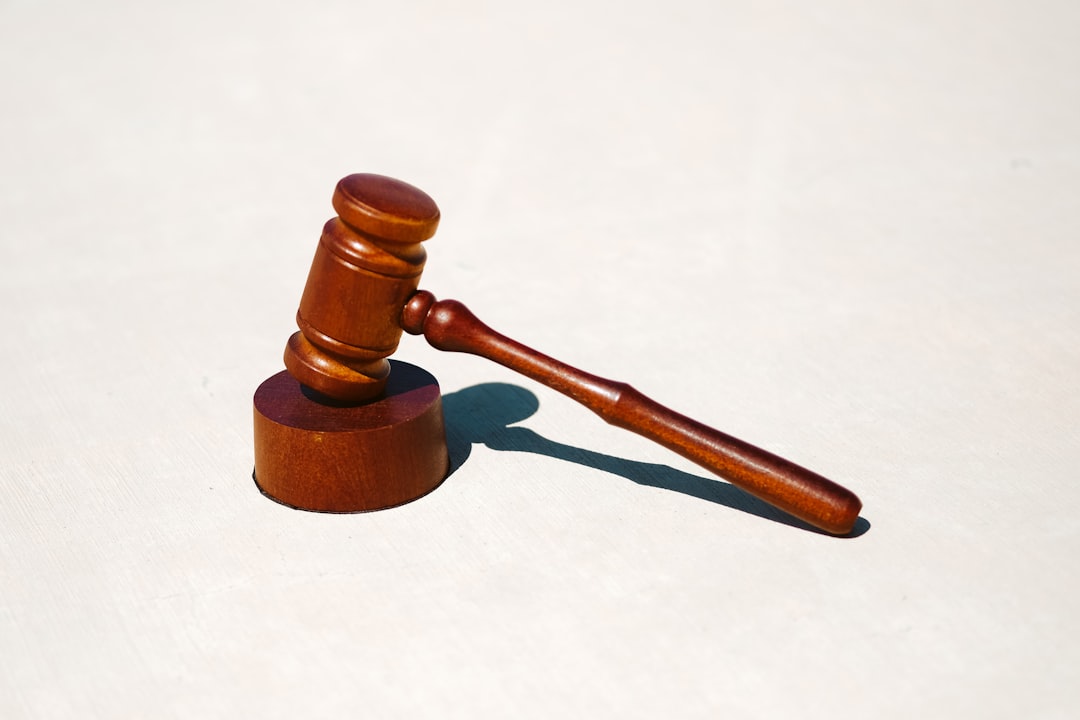Survivors of sexual abuse in Fort Valley, Georgia, have access to specialized legal support through sexual abuse lawyers who understand local laws and time limits. These attorneys guide victims through pressing charges or seeking damages while ensuring rights are protected. Local resources like the Fort Valley Sexual Assault Resource Center (SARC) offer safe spaces, healing services, and peer-to-peer connections. Legal aid organizations provide free or low-cost consultations, empowering survivors to understand their options with sexual abuse lawyers specializing in Georgia's state laws related to sexual assault.
“In Fort Valley, Georgia, support services for sexual abuse survivors play a vital role in healing and justice. This comprehensive guide aims to illuminate crucial resources available to those affected by sexual assault. Understanding local laws and navigating support networks is essential for survivors seeking closure. We delve into the legal rights of victims, offering insights from experienced sexual abuse lawyers in Georgia. By exploring these resources, we hope to empower individuals on their path to recovery.”
Understanding Sexual Abuse Laws in Georgia

In Georgia, understanding and navigating sexual abuse laws is a crucial step for survivors seeking justice and support. The state has established laws to protect victims and hold perpetrators accountable. A sexual abuse lawyer in Georgia can guide survivors through this complex legal landscape. They are well-versed in local statutes, including the time limits for filing criminal or civil cases, which vary based on the type of abuse and age of the survivor at the time of the incident.
Victims may have options such as pressing charges against their abuser, seeking damages in a civil lawsuit, or accessing support services to aid in recovery. A lawyer specializing in sexual abuse cases can ensure that survivors understand their legal rights, help them gather evidence, and represent them in court proceedings. This knowledge is essential for those looking to take action and begin the healing process.
Accessing Local Support Networks in Fort Valley

In Fort Valley, survivors of sexual abuse can find support through various local networks. Organizations like the Fort Valley Sexual Assault Resource Center (SARC) offer crucial services, providing a safe space for healing and recovery. These centers often employ trained professionals, including therapists and legal advocates, who can guide survivors through the complexities of seeking justice and navigating the legal system. A sexual abuse lawyer in Georgia can be instrumental in this process, ensuring that victims’ rights are protected and offering legal counsel tailored to their unique circumstances.
The community in Fort Valley also plays a vital role in supporting survivors. Local support groups provide peer-to-peer connections, fostering a sense of belonging and understanding. These networks can offer practical assistance, emotional support, and valuable resources for those who have experienced sexual abuse. Accessing these services is often as simple as reaching out to trusted community leaders or healthcare providers who can direct individuals to the appropriate resources.
Legal Rights and Resources for Survivors

In the aftermath of sexual abuse, understanding one’s legal rights is a crucial step in the healing process. Survivors in Fort Valley, Georgia, have access to dedicated legal resources and support services. A sexual abuse lawyer in Georgia can guide survivors through the complexities of the legal system, ensuring they receive justice and compensation for their trauma. These professionals are well-versed in state laws related to sexual assault, helping victims navigate criminal cases, civil lawsuits, or both.
The resources available include legal aid organizations that offer free or low-cost consultations, helping survivors understand their options. There are also hotlines and support groups where individuals can connect with others who have experienced similar situations. These initiatives aim to empower survivors, providing them with the knowledge and tools to assert their rights and seek redress for the harm they’ve endured.





